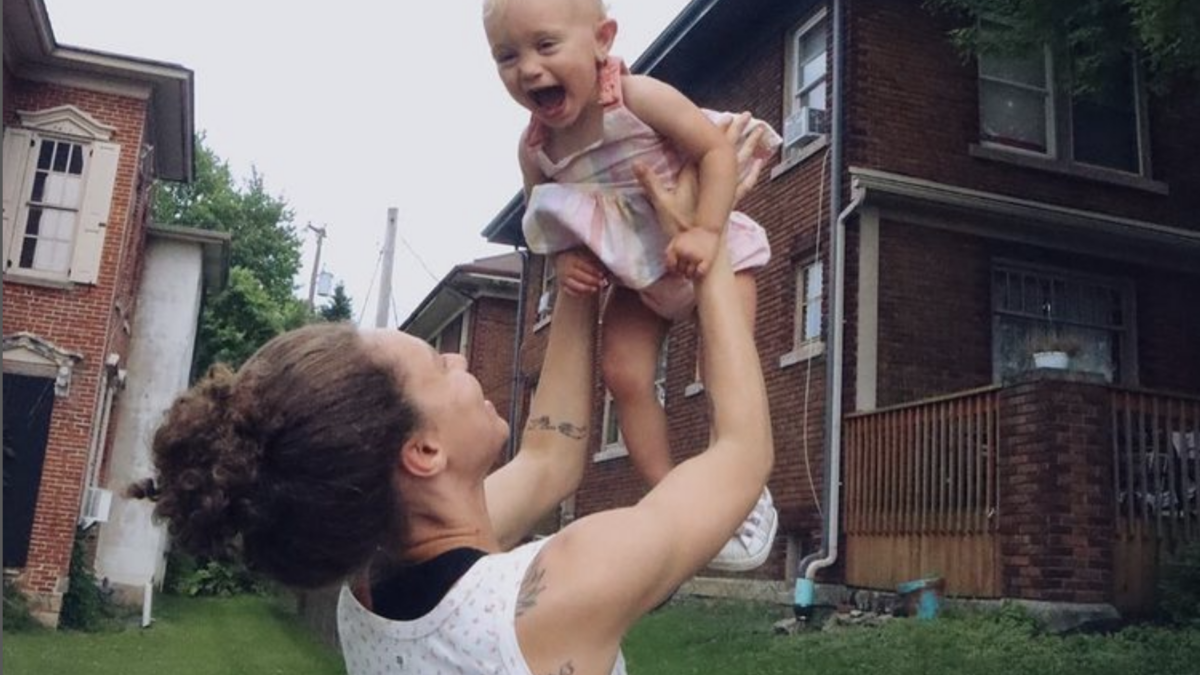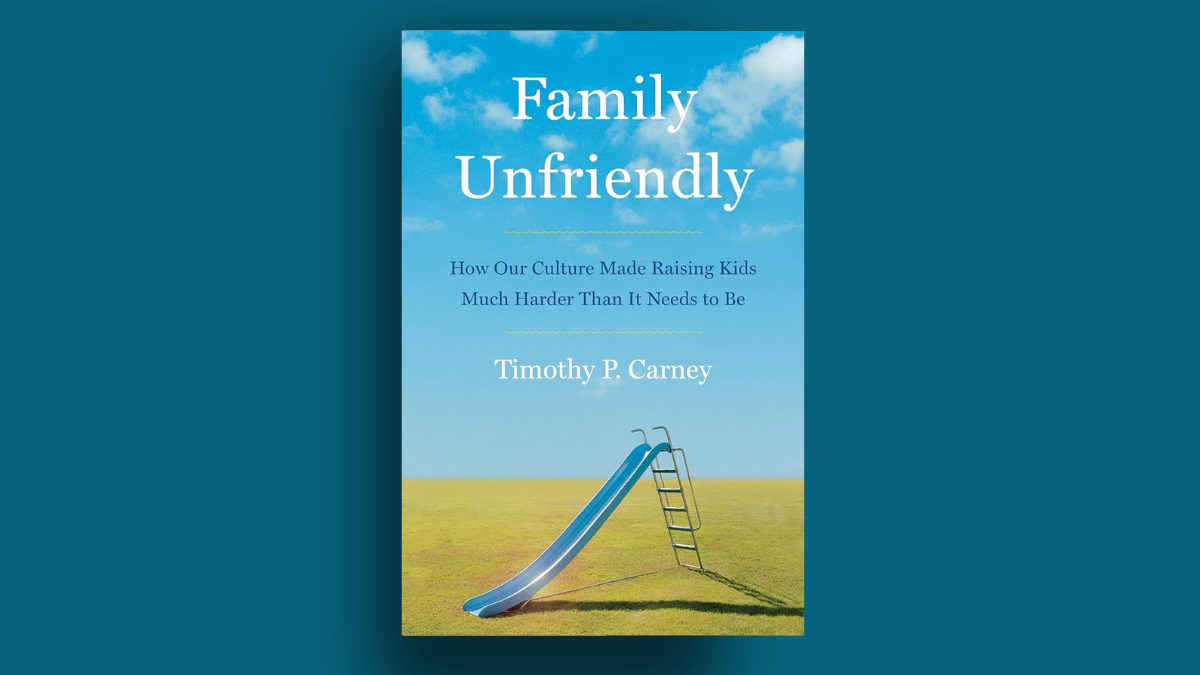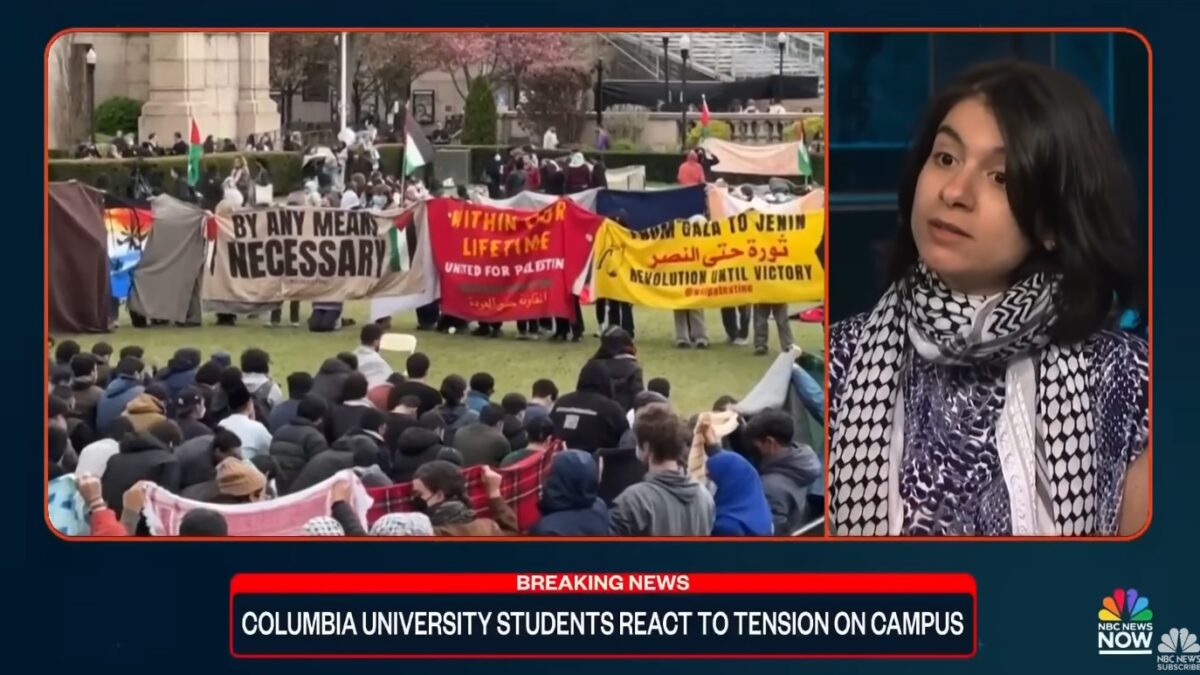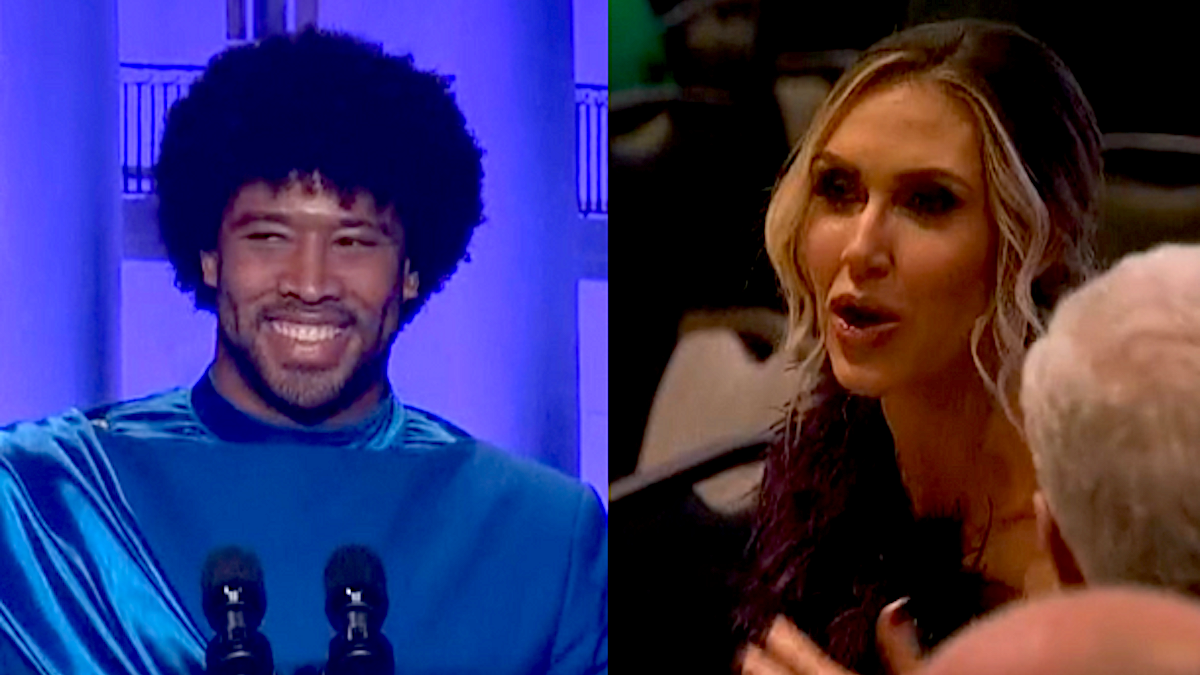The foster care system gets mentioned in discussions by people who have little to no knowledge of its reality. Tori Hope Petersen gives a firsthand account of the system and how it shaped her in her debut memoir, “Fostered.”
Petersen is a wife, a mother to three, and has also been a foster parent. She is also a former foster youth and foster care advocate. Over her years in the system and working with the system, her faith and passion have given her the strength necessary to serve these less-than-fortunate children.
Petersen took the time to talk with The Federalist during a short break from helping her younger sister move in. The sisters spent their early days together in foster care before being separated. This year, they were reunited and Petersen welcomed her sister into her home where they now live together. During a follow-up conversation, Petersen’s son hung out on the side while enjoying a bowl of spaghetti as the two sat in the summer sun. It was apparent her family is her everything.
Petersen talks about her upcoming book, “Fostered,” and how her journey through the foster care system and faith journey have shaped her.
“Fostered” will be available for purchase on Aug. 30, 2022 on Amazon or at Barnes and Noble, Walmart, or Target.
Why did you initially decide to write “Fostered”?
I wanted to write the book because I wanted youth in foster care to understand that they weren’t victims, that they were victors, that they could overcome the hardest things that were set up against them through Christ. As I wrote the book, and as I began to write on social media, I realized that I was educating foster parents, child welfare workers, lawyers, people who worked in the child welfare space, and just people who have an interest in foster care. I didn’t intend for the audience to be what it is now. I just really wanted to write a book that was kind of like the book that I needed when I was in care. Now knowing my audience is broader than I anticipated, I now hope that the book encourages people to step into the hard parts of foster care and to love those around them in an unbridled, fearless kind of way. As people read, they will see that’s what was done for me by others.
What is your experience interacting with your audience who’s learning about your story and about the foster care system for the first time through your story?
It’s mostly just from my social media platform. When it comes to social media in general, the people who read and probably take the most from my posts are just the general population and people who have been interested in foster care, but I think have been scared. I get a lot of messages and I mean, it’s just like, so amazing, so many messages of people saying, “We’ve been interested in foster care for a long time. We’ve been scared or we haven’t done it because X, Y, and Z. Because of your post or your story, we’re getting involved.”
One of the themes that you taught and touched on in your book is just the importance of strong mother and father figures and a strong family. Could you talk a little bit more about that?
I don’t even know what to say about it. It seems so obvious that when we have those supports, the kind of unconditional love that parents give at home, that’s what a strong family is. Then, we don’t go searching for it in other places. When we don’t have to go searching for it in other places, it feels like there’s more stability around our self-worth and who we were created to be. And research shows there’s so much that supports this. I just think that a strong faith and family is really the foundation of a person, but that doesn’t mean a person can’t be strong if they don’t have a strong family either. That’s why it’s important that we have strong communities.
In your book, you recount when you met your father’s side of the family and you felt that sense of community even though you hadn’t really known them up until then. That, along with other things that you touched on in the book, was a very emotional and personal moment. What was it like revisiting those memories?
There were moments that it was hard, but honestly, it was so healing. When people say writing memoirs is cathartic, I didn’t really know what that meant. I always used to have this recurring dream that I was locked in someplace—in the post office or my house or jail—and I couldn’t get out and my mom was yelling at me like how she yelled at me when I was a kid. I’ve had that dream since I went into foster care, probably at least once a month. After I finished writing my book, I had that dream where I was locked somewhere and my mom was yelling at me, and I walked out. I’ve never had the recurring dream since, and I feel like that encompasses what this book has done for me. It’s just been healing. I think that’s kind of what counseling does for us. It helps us process things, and I think that’s what the book helped me do in a deeper way than I already had. It helped me process things all over again.
Unfortunately, not everyone can make that same peace with the past, and some people don’t even have the resources to rehabilitate their minds after traumatic experiences. This is especially true for children in the foster care system. What’s one of the biggest changes you would like to see in the foster care system going forward?
Every foster kid has a file, and that file follows them everywhere they go. It usually says the worst things that have ever happened to them and the worst things they’ve ever done. We know that first impressions are so important, right? Like when we go into a job interview and we have a bad first impression, we think, “Oh how do I fix that?” When a kid has a file, they can’t fix that. It’s just the same things that get brought up to the person that they want to form a deep relationship with. They never get a new start. They never truly get a new beginning. I think how we see children is so valuable for how they’re going to see themselves. I think that we need to do something with the file so that children don’t have that following them around in a way that plagues their identity, because healing really begins and ends with identity.
Poor conditions in the foster care system are a big part of the pro-abortion argument. What is your response to that?
My response is that any real social justice advocacy or any real social justice movement, it aims to end the suffering, not the potential suffering.
What do you hope your readers walk away with after reading through “Fostered”?
My greatest hope behind the book is that youth who read it, parents who read it, and people who read it understand the value that each individual has, that there’s a purpose and plan for their life, and that no matter what they’ve been through, God loves them. And knowing that, they love others. People and God loving me is my motivation to love others the best I can. I want that love to just continue. I think it goes back to that piece of identity that no matter where you come from, no matter what’s been done to you, no matter how you were conceived, you have value, you can be loved, you can love. There’s a plan and purpose for your life. I just want people to know who God is and who God has created us to be.









